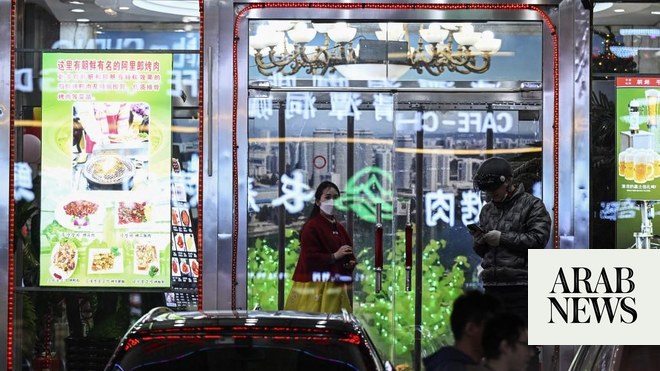
SEOUL (Reuters) - Several South Korea provinces and cities continued to require coronavirus testing for foreign workers, despite a request from the national government that prompted Seoul to end its mandate amid international outcry.
Last week the headquarters of the nation’s pandemic control effort asked local governments to end mandatory testing for foreigners, and improve testing policies to eliminate discrimination or rights violations. But only Seoul scrapped its controversial order.
The same day, Daegu, the fourth-largest city, with a population of 2.5 million, doubled down with a second order expanding the number of foreign workers that needed to be tested. No foreign workers among 2,553 in the first round tested positive, Daegu said in a statement.
The city, once the epicentre of the coronavirus pandemic in South Korea, also mandated that any new foreign hires be tested between March 19 to 28.
A city official told Reuters there were internal discussions about changing the policies.
South Jeolla province kept its order to test about 14,000 foreigners in March, but said it had revised its policies to include more Koreans, a provincial official told Reuters.
So far 24,700 foreign workers have been tested, with one testing positive, the official said.
North Chungcheong province said its order applied only to foreign residents who visit other provinces.
Gangwon province and Incheon city dropped their mandates on Monday, a day before they were to expire.
Gyeonggi, the most populous province in South Korea, wrapped up two weeks of mandatory testing for hundreds of thousands of foreign workers on Monday.
Health officials have said the measures were needed to blunt a spike in infections among foreign residents. According to the Korea Disease Control and Prevention Agency (KDCA), foreigners accounted for more than 11% of all new cases across the country over the past week.
South Chungcheong, which was the province with the highest percentage of infections among foreigners last week, said it had been able to control its outbreaks without imposing any discriminatory testing mandates.
South Korea had at least 1.6 million registered foreign workers and 391,306 undocumented foreigners as of December, the justice ministry told Reuters.
South Korea’s human rights commission said on Monday that the remaining measures should be “immediately suspended” and called for Prime Minister Chung Sye-kyun - who overseas anti-pandemic efforts - to work with local governments to implement polices that are not discriminatory.
Visiting one of Seoul’s testing centres on Monday, Chung said testing should cover foreigners and Koreans, and focus more on high-risk facilities.
The British Embassy, which was one of the most vocal critics of the policies, is discussing the issue with senior officials, spokesman Stephen Burns said.
“Any policy requiring the mandatory testing of foreigners, and only foreigners, is discriminatory in nature,” he said.










